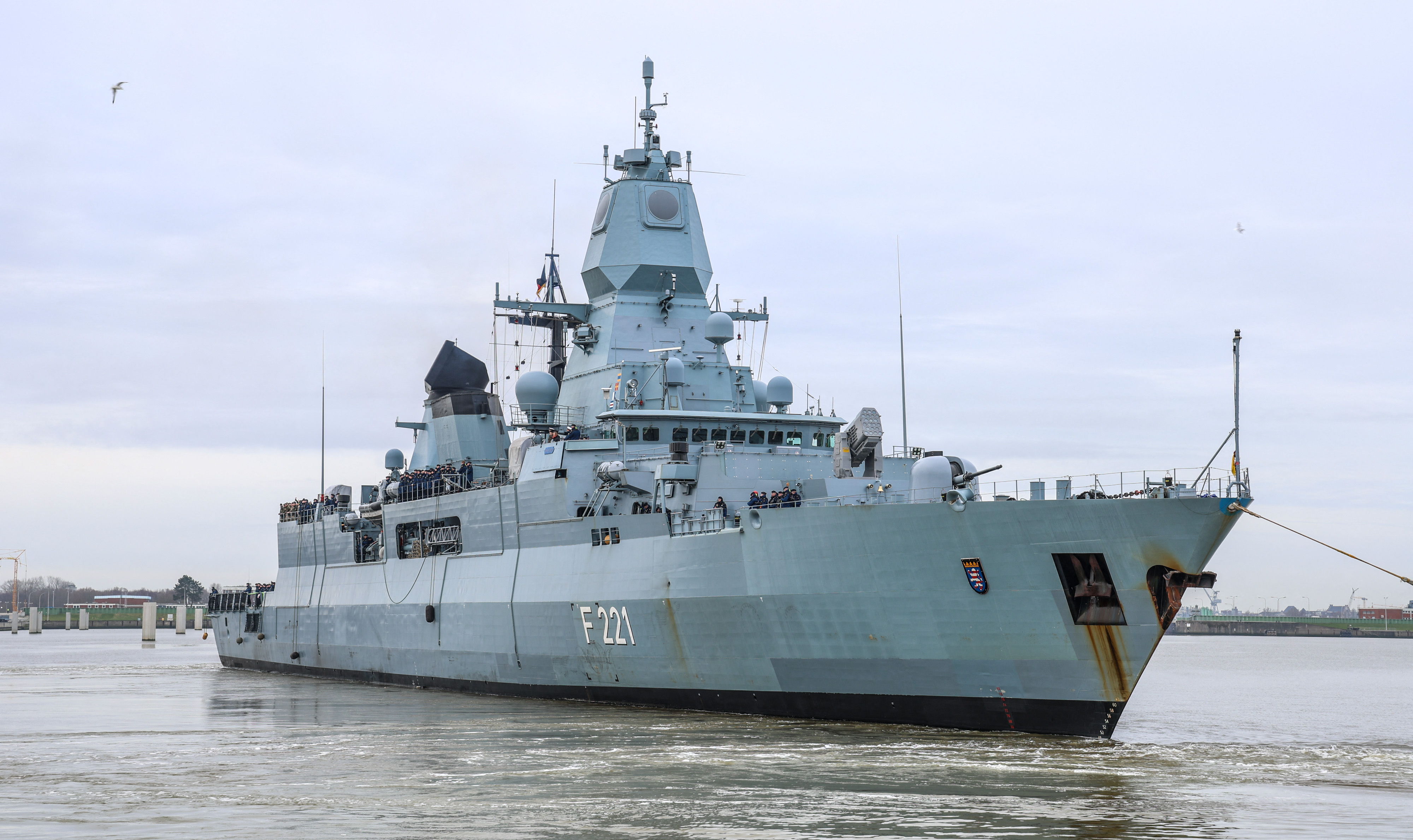EU’s Red Sea patrol mission set for official launch

The European Union's mission in the Red Sea to secure maritime freight disrupted by attacks by Houthi rebels will be officially launched on Monday, diplomatic sources said on Friday. It is scheduled to last one year, possibly renewable, according to a diplomat.
This does not mean it will be immediately operational: it will be up to its command to determine when it has sufficient resources to be fully operational, which should take “a few weeks”, according to one diplomat.
The mission can be operational with four ships at sea, although more are expected. Several countries, including Belgium, Italy, Germany and France, have announced their intention to take part in the mission. Spain has indicated that it will not take part.
Permanent alert
Belgium has announced its intention to send the frigate Louise-Marie. According to military sources, the ship is due to set sail on 27 March on a mission that will take it first to the Mediterranean Sea before taking part in Operation Agenor, under way in the Strait of Hormuz, with passage through the Red Sea on both the outward and return legs.
The German frigate Hessen left on 8 February for the Red Sea, with a crew of 240. It will be on permanent alert and will be able to respond to possible attacks with missiles, drones and remote-controlled boats. France has said it is ready to make one of its frigates already in the Red Sea available.

The EU agreed in January on the principle of a maritime surveillance and patrol mission in the Red Sea, on condition that its mandate is purely defensive. Greece will provide the overall command and Italy the operational command at sea.
It will be able to fire to defend merchant ships or to defend itself, but will not attack positions held by the Houthi rebels in Yemen, according to diplomats.
Since mid-November, the Iran-backed Houthi rebels have stepped up attacks on ships they believe to be linked to Israel. The insurgents claim to be acting in “solidarity” with the Palestinians in Gaza, where Israel is at war with the Islamist movement Hamas following the attack on Israel on 7 October.
Their attacks have forced many shipowners to bypass the Red Sea and the Gulf of Aden, through which 12 per cent of world trade passes.
The US, Israel’s main ally, set up a multinational coalition in December to protect maritime traffic, but failed to stop the attacks. Since mid-January, the US and the UK have carried out several strikes against rebel positions, which have led to American and British ships being seen as “legitimate targets”.
The frigate F 221 Hessen of the German navy leaves its home port of Wilhelmshaven for the Mediterranean Sea on 8 February 2024 © FOCKE STRANGMANN / AFP
Related news

